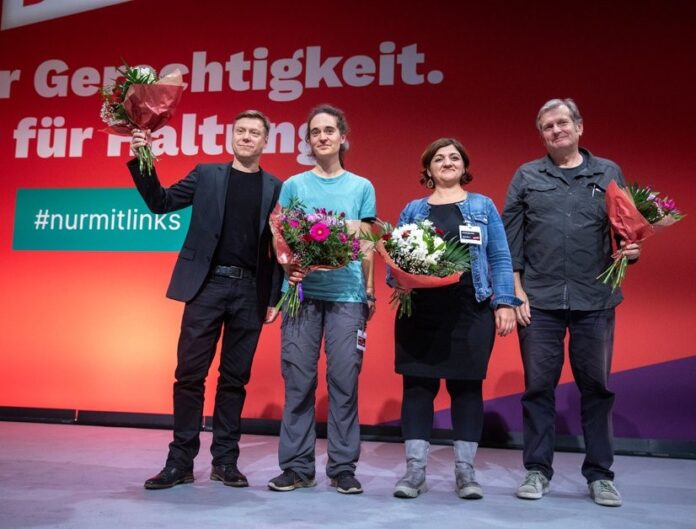German left party Die Linke is facing a high-profile split, as its co-leader Sahra Wagenknecht and nine other MP in the Bundestag are set to leave the party. The move will downgrade the party within the German parliament to a group. The departure further escalates the crisis of the Left Party as it tries to realign for future challenges.
Wagenknecht is the party’s most famous politician, and her departure leaves a void in leadership and recognisability. She left the Die Linke due to disagreement over migration: she and her followers pursued a stricter policy on the issue compared to the rest of the party.
The last straw that made Wagenknecht left the party was the election during the national congress in Augsburg of Carola Rackete as the Linke’s frontrunner for the upcoming 2024 European Parliament elections. Rackete rose to fame in 2018 when she captained a ship that rescued migrants in the Mediterranean Sea and clashed with then Italian Interior Minister Matteo Salvini. She is a pro-migration advocate, unlike Wagenknecht.
The outgoing politician will form her own new alliance with the explicit aim of targeting far-right Alternative for Germany (AfD) voters, in a period where AfD is surging in the polls. The yet-to-be-named party may actually take voters away from her former party.
The Left Party is the continuation of the Socialist Unity Party of Germany (SED) which ruled in East Germany until unification in 1990. Until 2007 the party was known as the Party of Democratic Socialism. It mainly has its electoral stronghold in the former East Germany states. It currently governs in three states, leading the government of Thuringia. However, AfD has in recent years eroded its consensus in the East, leaving small wiggle room for the party to grow.
The struggle for the Left’s identity is better shown in the party’s ambiguous position over the war in Ukraine. Even during the recent party congress, delegates voted to condemn Russia’s aggression, calling it a “crime” and “contrary to international law,” while at the same time it accused the European Union of using the war as an excuse to ramp up military expenditure.
The departure of Wagenknecht also means that the party no longer qualifies to be classified as a parliamentary faction in the German parliament. The Left will remain with 28 MPs from December 6, when the split will be formalised. Too few to be a faction, meaning that they will lose certain rights in the assembly, like committee participation.

